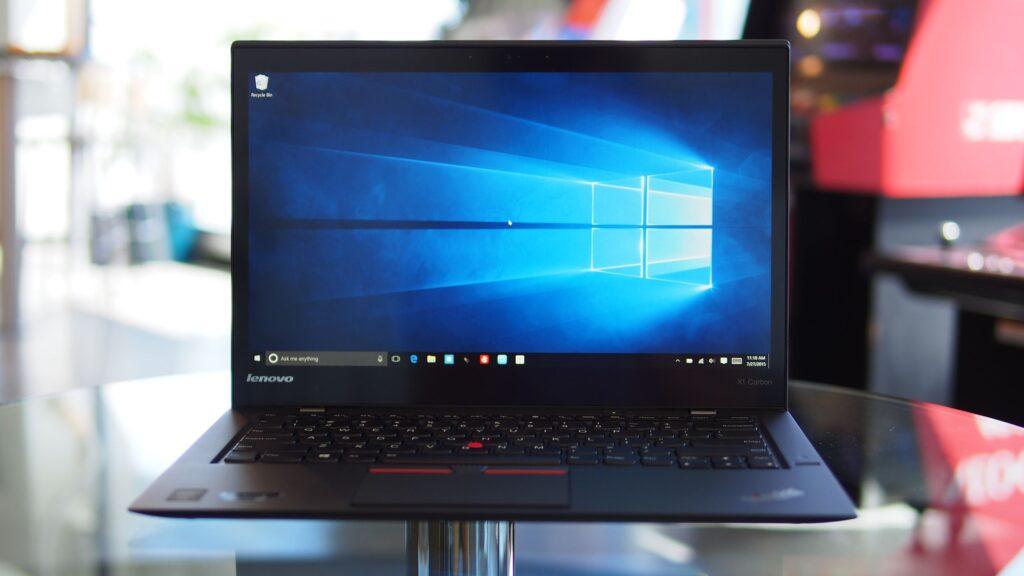- Defra’s Windows 10 update arrives after Microsoft’s operating system reaches end of life
- Thousands of remaining devices struggle to meet even basic performance expectations
- Defra estate still has huge technical debt after years of delay
The UK Department for Environment, Food and Rural Affairs (Defra) has completed a major technology review upgrading tens of thousands of older devices to Windows 10.
This is despite the fact that Microsoft will end official support for the Windows 10 operating system in October 2025.
The timing of the upgrade means that the department has moved from an obsolete platform to one that is already in its final phase.
Go from Windows 7 to… Windows 10
Defra’s overall investment amounted to £312 million during the current spending review cycle and aimed to remove obsolete platforms, retire Windows 7 hardware and support essential national services including flood systems and border operations.
According to Defra’s submission to Parliament, the program has removed more than 31,000 legacy laptops, addressed a large backlog of vulnerabilities and even closed one data centre, with several more to be decommissioned in the coming years.
Defra has not confirmed whether it intends to pay Microsoft for extended support, leaving open the possibility that the department’s renewed wealth may soon be left behind again.
It’s hard to ignore the magnitude of the remaining backlog: 24,000 devices are still classified as end-of-life and another 26,000 smartphones and network components are waiting to be replaced.
Many of these devices seem unable to meet Windows 10 performance expectations, much less function as viable candidates for Windows 11.
This suggests that the update may have been a temporary measure rather than a sustainable solution.
The next phase of Defra’s program focuses on migrating critical applications to cloud environments and reducing long-term technical debt through coordinated remediation plans.
The department has linked these changes to broader efforts to improve efficiency by transforming public services, phasing out paper-based processes, and expanding the use of automation and artificial intelligence.
These changes are considered essential to achieving future savings, although large-scale migrations often exceed planned budgets and timelines.
However, modernizing services will improve reliability and enable greater use of office software.
You will also streamline tasks through better productivity tools and reduce operational friction between frontline systems.
Defra maintains that benefits will emerge in the next spending review cycle, but previous government technology programs show intentions often clash with practical limits.
The department risks repeating previous cycles of delay unless cloud migration and broader renewal efforts progress faster than before.
For now, the upgrade provides short-term stability, helped in part by emerging AI tools, but the durability of the strategy will depend on how quickly its plans are carried out.
Through The Registry
Follow TechRadar on Google News and add us as a preferred source to receive news, reviews and opinions from our experts in your feeds. Be sure to click the Follow button!
And of course you can also follow TechRadar on TikTok for news, reviews, unboxings in video form and receive regular updates from us on WhatsApp also.




